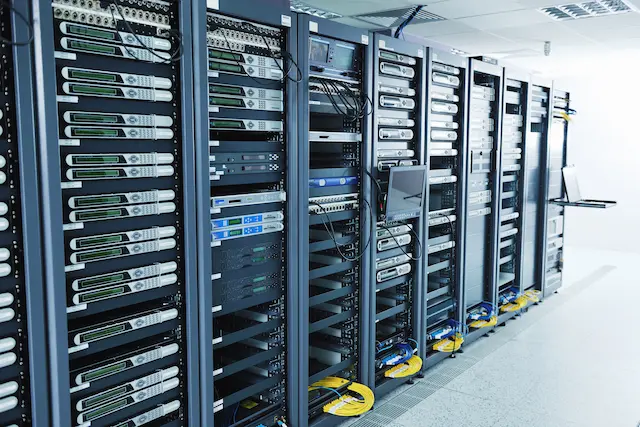August 05, 2025
First, Let’s Get One Thing Straight
The CMS Is the Same in Cloud or Self-Hosted
No matter how it’s deployed, Umbraco is still Umbraco. There is no difference in the CMS itself when comparing Umbraco Cloud to a self-hosted instance. Both options run the same codebase, offer the same feature set, and provide the same editorial experience for your content teams.
You’re Not Getting a “Lite” or “Pro” Version
Umbraco Cloud does not offer an upgraded or limited version of the CMS. It is simply a pre-configured, hosted environment managed by Umbraco HQ. The myth that Cloud is somehow more enterprise-grade or exclusive is just that — a myth. The choice between Cloud and self-hosted comes down to infrastructure, not product capability.
So What Is the Real Difference?
Hosting, DevOps, and Who Maintains What
The primary difference between Umbraco Cloud and self-hosting lies in who is responsible for infrastructure and maintenance. With Umbraco Cloud, Umbraco HQ manages hosting, deployments, backups, and updates. In a self-hosted setup, those responsibilities shift to your internal team or a development partner like FYIN.
Umbraco Cloud = Simpler Setup, Less Overhead
Cloud is designed for teams that want a quick deployment path with minimal configuration. It’s ideal for organizations that prefer not to manage hosting or DevOps internally. You get a streamlined experience, including automated deployments and integrated project workflows.
Self-Hosting = More Control, More Customization
When you self-host Umbraco, you can configure the environment to meet your specific needs. This includes custom deployment pipelines, advanced integrations, regional hosting preferences, and high-security configurations. You also gain more control over scaling, performance tuning, and infrastructure budgeting.
When Umbraco Cloud Makes Sense

Marketing-Led Teams
If your team is led by marketing stakeholders and doesn’t have deep in-house technical expertise, Umbraco Cloud provides a managed solution that reduces friction. It allows your developers to focus on the CMS and frontend, not infrastructure.
Fast-Track MVPs
Launching a minimum viable product with limited resources? Cloud can get you up and running fast. It removes the complexity of spinning up servers, configuring deployments, or managing environments.
Non-technical Orgs Without Azure Expertise
Cloud is especially useful for organizations that don’t have an Azure environment or don’t want to manage one. The learning curve and cost of building secure, scalable hosting in-house may outweigh the benefits of self-hosting for smaller teams.
When You’ll Outgrow It Fast
Custom Integrations, Headless Architectures
If your project includes headless delivery, third-party integrations, or multiple microservices, the limitations of Umbraco Cloud can show up quickly. Cloud environments are built to support standard setups, not heavy customization.
Enterprise Security or Regulatory Constraints
Companies in healthcare, finance, or government often have regulatory requirements that require specialized hosting configurations. With self-hosting, you can tailor your security architecture and audit controls to meet compliance standards.
Performance Optimization Needs
Custom caching strategies, CDN routing, or high-performance workloads are easier to manage in a self-hosted environment. You’re not limited by Cloud’s standard infrastructure and can scale on your terms.
What We Recommend (and When)

Our Process for Hosting Strategy Reviews
At FYIN, we don’t push one solution over another. Instead, we assess your technical needs, internal resources, and business goals to guide you toward the hosting model that makes the most sense. We start every engagement with a discovery process to understand the requirements behind your project.
We walk through considerations like:
-
Security and compliance obligations
-
Deployment preferences
-
Scaling requirements
-
Budget tolerance
-
Team capabilities
Only then do we recommend Cloud or self-hosting — not based on sales incentives, but based on what aligns with your reality.
Why We Often Start with FYIN and Bring in Umbricians
FYIN focuses on the architecture, integrations, and technical backbone of your Umbraco solution. But when it comes time to build the CMS itself, we often collaborate with our in-house Umbraco Gold Partner team at Umbricians. This lets us deliver full-spectrum expertise — from hosting strategy to CMS execution — without compromise.
Looking for honest guidance on Umbraco Cloud versus self-hosted deployments?
Let’s talk through your infrastructure needs, team setup, and long-term roadmap so we can recommend the right path.







